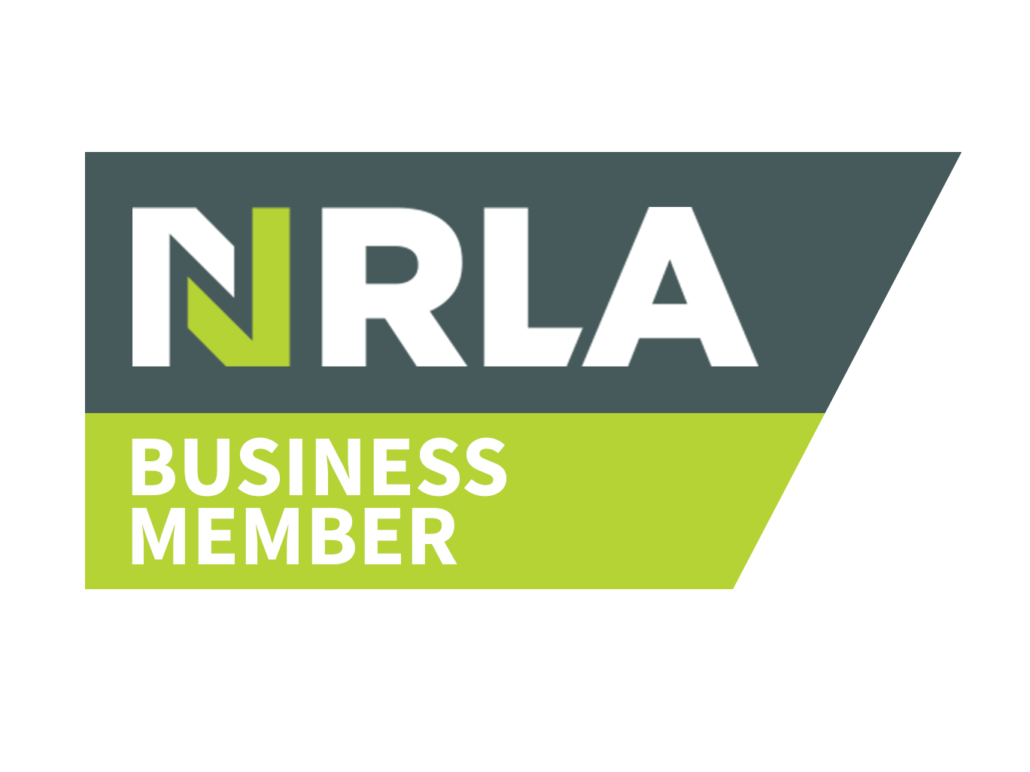
A Guide to Tax Implications of Guaranteed Rent for Landlords
Understanding Tax Implications in Guaranteed Rent Schemes
Guaranteed rent schemes are becoming increasingly popular among landlords who are looking for a stable income source in the property investment sector. However, landlords need to understand…

Securing Guaranteed Rental Income with Due Diligence
Mastering Due Diligence for Guaranteed Rental Income
In today's dynamic real estate market, investors are constantly seeking avenues for stable returns and guaranteed rental income stands out as an attractive option. However, before diving…

Rent Assurance Policies: A Guide for Landlords and Tenants
Securing Stability: Exploring the Diversity of Rent Assurance Policies
Rent assurance policies provide landlords and tenants with a sense of security and stability in the unpredictable world of rental property management. However, not all…

London Landlord's Success with Rent-Guaranteed Program
Embarking on the journey of a London landlord is akin to navigating a complex chessboard, with each move influencing the outcome of the game. Amid challenges posed by market uncertainties, tenant dynamics, and financial intricacies, the concept…

London's Guaranteed Rent Growth: What Landlords Need to Know
In the dynamic landscape of London's property market, guaranteed rent has gained substantial traction among landlords. This blog aims to shed light on the significant growth of guaranteed rent programs in London and equip landlords with the…

Reducing Vacancy Rates: London Property Management Strategy
In the bustling real estate landscape of London, successful property management isn't just about finding tenants; it's also about retaining them and minimizing vacancies. High vacancy rates can significantly impact rental income and the overall…

Rental Properties in London: Effective Marketing Strategies
The Rental Properties in the London market are highly competitive, making effective marketing a vital component of successful property management. To attract the right tenants and maximise your rental income, it's crucial to implement robust…

Rent Collection Strategies for London Landlords
Collecting rent is a fundamental aspect of being a landlord in London. While it may seem straightforward, effective rent collection can sometimes be challenging, especially in a dynamic city like London. This blog post will explore different…

Tenant Screening: The Key to Quality Tenants in London
Tenant Screening
Tenant screening is one of London's most critical aspects of successful property management. Finding reliable and responsible tenants is essential for the long-term success of your rental property. In this blog post, we'll…

Ensuring Rent Guaranteed in London
Owning and renting out property in London can be rewarding, but it has its fair share of challenges. For landlords in this bustling metropolis, the consistent flow of rental income is paramount. In this blog post, we will delve into how professional…






